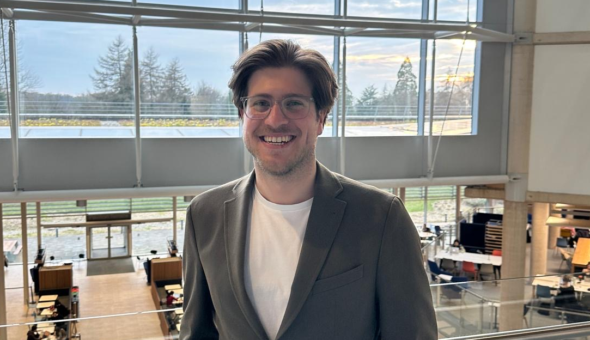As part of the 7th International CSR Communication Conference, hosted at the School of Management in September, we were joined by a panel of practitioners from the sustainability arena. Here, they share their insights on the relevance of academic research to their work.
Lauren Branston – CEO, Institute of Business Ethics:
“In my latest role at the Institute of Business Ethics, I am very interested in doing more research on communicating ethics effectively and the positive impact on culture and sustainability outcomes.
“Where I've used research [in previous communications roles] has been to quite specifically problem solve, so to come to an issue and say, how do we find a way forward with this? For example, how do we improve our economic impact and positive benefit to society? We do message testing and sometimes it's appropriate to work with academic institutions, whereas sometimes it’s more applicable to work with consultancies.
“In the past I've had to spend a long time understanding what it really means to be funding something at arm's length. I've worked with incredibly high-profile brands that draw a lot of criticism and attention, so scrutiny will be high and that focus on the methodology is important.
“I hate hidden lobbying and when trade associations try to influence regulatory positions with non-transparent research – that’s a huge bugbear of mine – so working to become much more accountable and transparent has been important. So trying to push for academic research versus private research to drive points and key messaging to policymakers, influencers and so on.
“In the end it comes down to: what's the purpose of the research and how strong is your integrity?”
Gail Gallie – Founder, Project17 and co-creator of the UN Sustainable Development Goals campaign:
“There’s an old adage: ‘I definitely know that 50% of my advertising doesn't work; I just wish someone could tell me which 50’. I think there's still a huge lack of independent, rigorous research that shows what doesn't work in communications, and it's often used as a reason to refuse when you’re fundraising for the nonprofit sector: ‘Well, we just don't know if it's going to work’.
“In sustainability, particularly, what I hear again and again is people saying, ‘Oh, we need better storytelling’. Brilliant. Want to fund it? Oh, no, you don't want to because it ‘doesn't work’. But then there's also this belief people will not pay for it. We can tell people something is more sustainable, we can guide them, but they will not pay. And I just find that's a very flat statistic put out by people who for whatever reason don't want to increase their sustainability comms.
“I would love some more independent, rigorous research into the nuances around that, because we have to get people engaged. We need now to shift the mindset of every single consumer on the planet, let alone the businesses that serve them, towards sustainability – and we need to understand better how to do that.
“A lot of that research tends to be done by companies, so we're already operating within a paradigm where we need know how to sell it and why, so let's research how we can do that a bit more sustainably.
"What I don't think I've seen coming from this sector is a definitive piece on how you would change people's minds on sustainability that we could all then digest and work through. I feel that's a real opportunity for people to step into from a research perspective.”
Respond



